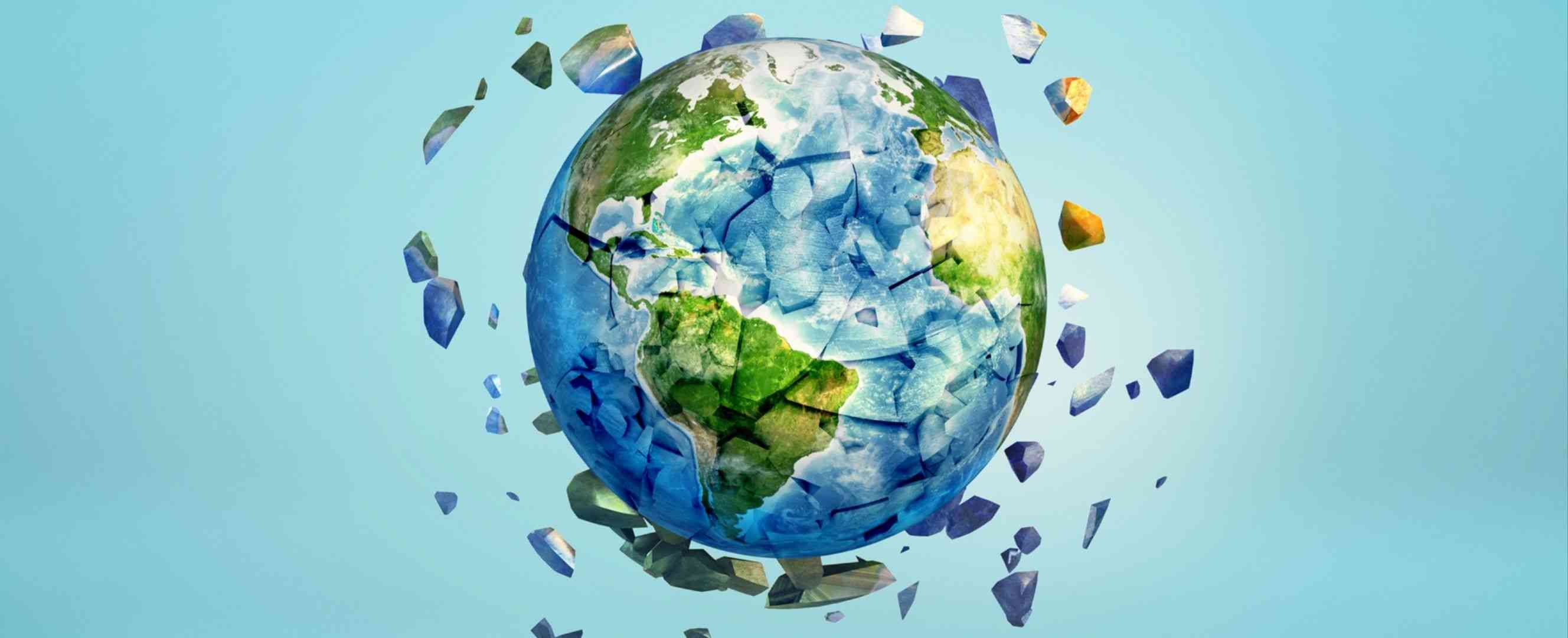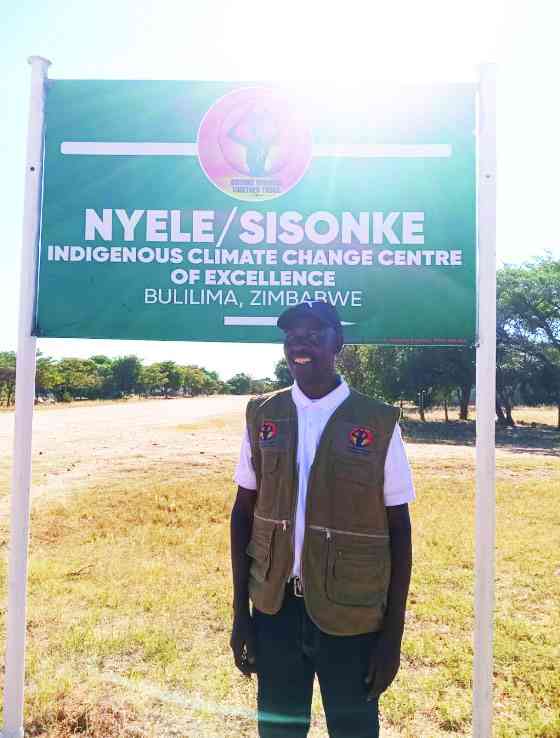
A FRIEND recently told me a story about a high school bully, an anecdote so ordinary yet so evocative that it felt like an allegory for the current state of global politics, particularly in the age of Donald Trump. His tale, grounded in adolescent experience, mirrors how the world now seems to revolve not around shared values or common purpose, but around the unpredictable whims of the United States. Today, most global leaders appear less focused on their priorities and more preoccupied with reacting to Trump’s latest outburst, policy flip or diplomatic tantrum.
The hallway, my friend said, was unusually quiet that day. The ever-present tension that normally clung to the lockers had momentarily lifted. He stood at the drinking fountain, letting the cold water run down his throat, not because he was thirsty, but because he could.
The bully was in the bathroom.
For once, the one who always had something cruel to say, something to throw, someone to belittle, wasn’t around. The school felt different. Lighter. As though the clouds had parted and the sun had remembered to shine.
He noticed how other students relaxed, too. Conversations grew more natural. Shoulders uncurled. Even the air felt easier to breathe. He walked more slowly, more freely. He wasn’t scanning corners or shrinking into himself. He was just . . . there. Whole. Present. Unafraid.
In that fleeting moment of calm, he imagined a school where this feeling wasn’t rare. Where dignity wasn’t a privilege. Where decency wasn’t whispered but lived. The bathroom door creaked open and just like that, the moment ended. But he carried that memory, because even a few minutes of peace can plant a seed. And maybe, one day, that seed will grow into something stronger than fear.
That story feels eerily familiar.
Today, the world stands at a crossroads, watching its old bullies, many of them Western powers, scramble not to dominate, but to survive each other’s manoeuvres. America, historically the loudest and most imposing figure in the hallway, is now consumed by its political theatre. Its allies, once confident in a shared project of global order, are staying up at night wondering what Trump will say next and how it will ripple through their economies, alliances or elections.
- Letter from America: Is former president Donald Trump a hero or villain?
- Chidzivo, Tarakinyu clinch Kabag honours
- Letter from America: Is former president Donald Trump a hero or villain?
- The Fiddler: Is honesty the best policy?
Keep Reading
And they are right to worry. The United States remains one of the world’s largest economies and holds significant global sway. But its increasing retreat into protectionism and “America First” rhetoric has pulled attention inward. In doing so, it has left a noticeable power vacuum, the very space where Western dominance once loomed large over developing nations.
This vacuum presents an opportunity. While the West is distracted, locked in disputes over Ukraine, Gaza and the return of authoritarian populism, developing countries must look beyond reactive diplomacy. Now is the time to forge a new path. A new order. An alignment based not on dependence, but on mutual respect, sovereignty and regional strength.
When the bully is in the bathroom, everyone else has a rare moment to breathe, to reflect on what kind of world they want to live in, to organise, to push back against old structures of coercion and inequality. If developing nations seize this moment, when the bully finally emerges, he might find that the hallway has changed, that power no longer means fear and that the world is no longer willing to flinch at his every step.
This isn’t just a moment of amusement at the West’s domestic melodrama. It’s a historic window to redefine partnerships, reimagine diplomacy and reassert dignity on the global stage.
The habit of deferring to Western financial institutions, to Bretton Woods frameworks, to donor dictation, must end. Now is the time to write their blueprints for progress. Not copies. Not borrowed dreams. But visions rooted in local realities and regional strengths.
Alliances must be forged between neighbours, across borders once drawn to divide. Africa to Africa. South to South. Shared struggles must give rise to shared solutions. Together, they can pool capital, ideas, infrastructure and innovation. Together, they are a market. Together, they are a force.
No liberation is real if it is not underpinned by institutions that work. Corruption, weak governance and elite capture are not foreign inventions, they are internal termites. Political will must be mustered to build systems that serve people, not power.
At global tables, on climate, trade, debt and security, they must show up not as isolated voices, but as a bloc with moral clarity and strategic intent. The weight of history, of exploitation, of stolen futures, gives them the right to speak — and be heard.
They must harness the multipolar moment. China, Russia, Turkey, India, the Gulf — none are saviours, but all are options.
The Global South must learn to negotiate from strength, not desperation. And above all, they must believe their time has come. That they are not waiting for rescue, but preparing for leadership. That history does not belong only to the colonisers, but also to those who resisted, survived, and now stand ready to rise.
The bathroom door may open soon. The usual noise may return. But if the Global South plays its hand well, if it uses this pause not to hide, but to build, then when the bully re-emerges, he will find a new hallway. One where his voice no longer echoes the loudest. One where his shadow no longer darkens the floor. And maybe then, the hallway won’t fall silent again.
Not from fear, but from the quiet confidence of those who have reclaimed their space.
- Tapiwa Gomo is a development consultant based in Pretoria, South Africa. He writes here in his personal capacity.










